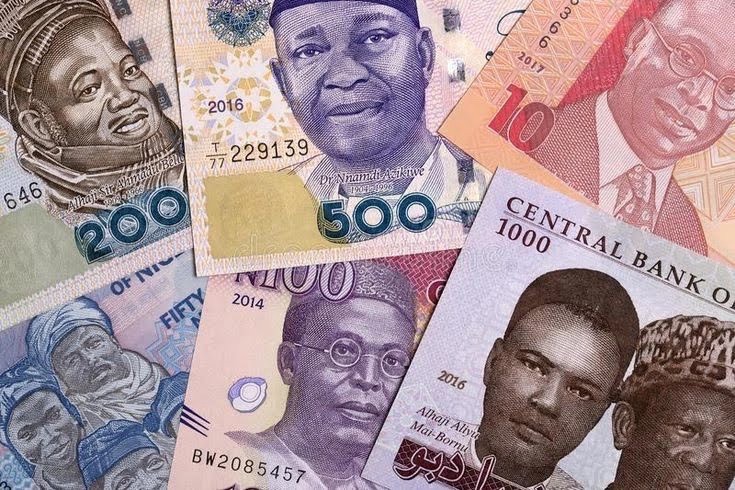The World Bank’s latest Africa’s Pulse report ranks the Nigerian naira as one of the worst-performing currencies in Sub-Saharan Africa in 2024. By August, the naira had depreciated by around 43% year-to-date, alongside the Ethiopian birr and South Sudanese pound.
This decline is driven by high demand for U.S. dollars in Nigeria’s parallel market, limited dollar inflows, and slow foreign exchange disbursements by the central bank. The report notes that rising dollar demand from financial institutions, non-financial users, and money managers has further strained the naira. Despite reforms like the liberalization of the official exchange rate in June 2023, the currency remains unstable.
Broader economic challenges, such as low foreign reserves and inflationary pressures, have worsened the naira’s depreciation, particularly affecting prices of imported goods and hurting consumers.
However, the naira saw a slight recovery, appreciating by 5.69% against the dollar on October 14, from N1,641.27/$1 to N1,552.92/$1, though foreign exchange turnover dropped by 44.27% in the same period.
The World Bank projects Nigeria’s economy will grow by 3.3% in 2024, with a rise to 3.6% between 2025 and 2026 as reforms take hold. Inflation remains a concern, particularly after the removal of fuel subsidies in mid-2023, which caused a sharp increase in gasoline prices and raised transportation and logistics costs.
